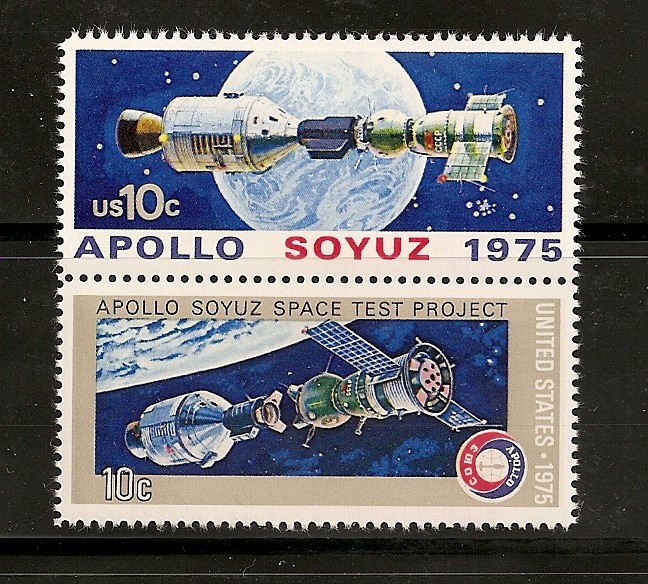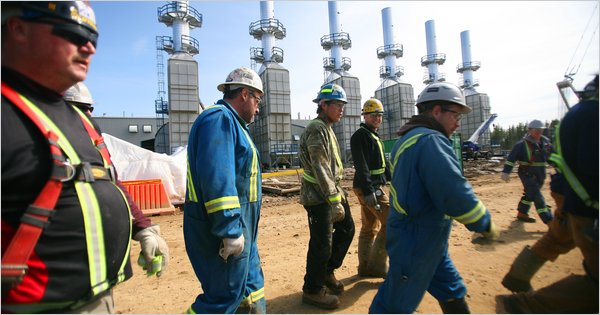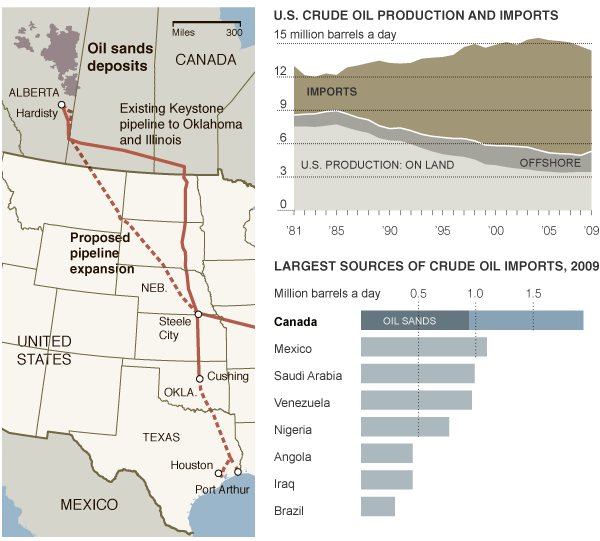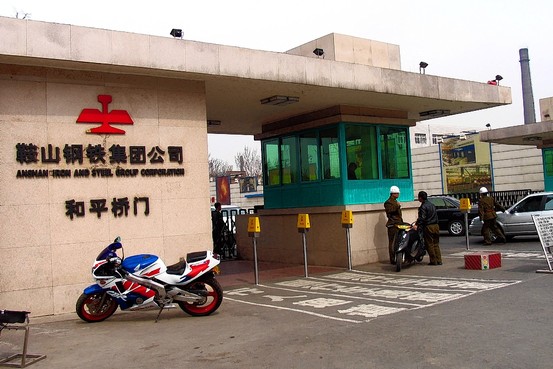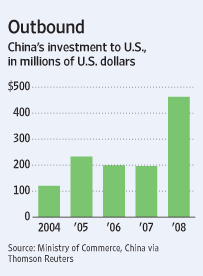
From an FT "analysis" full-pager, some sense of Cargill's reach (corresponding to graphic above):
1. The world’s largest cocoa trader, Cargill also processes the beans into cocoa liquor, butter and powder, the raw materials for chocolate
2. The world’s largest sugar trader, Cargill buys from countries such as Brazil and selling to Egypt, India, China, Russia, Ukraine and others
3. Cargill is developing a business focused on replacing petrochemical-based plastic products with soya-based products
4. Cargill produces sterols, plant compounds that help cut cholesterol levels, used in orange juice and other products
5. Cargill merchandises cotton worldwide, buying and sell cotton in North America, Europe and Asia and operates cotton gins in Africa
6. Animal feeds are supplied by Cargill to commercial dairy farmers in 28 countries across North and South America, Europe and Asia
7. The world’s largest corn processor, Cargill handles about 20 per cent of the US crop
8. Cargill Pork is involved in pork production in the US and export
9. Cargill Kitchen Solutions is a leading marketer of high value, processed egg products in the US
10. From seasoning used in processed foods such as baked beans to the kind used on frozen roads, Cargill produces more than 1,000 types of salt
11. Through its subsidiary, The Mosaic Company, Cargill is a leading producer of fertilisers, supplying fruit and vegetable farmers around the world
12. Cargill’s grain and oilseed subsidiary trades grains and employs 15,000 people in 50 countries, operating 324 silos and 31 import-export termin
More basics:
A decade ago, after profits halved, the company set out to offer more than just bids and offers for the farmers and food companies it serves as middleman. Instead of counterparties, Cargill now calls them customers – people with whom, as one executive puts it, “we need to be more open, transparent and vulnerable”.
In many senses, Cargill is one of the hidden companies of the global economy. As the world’s agribusiness leader, it sits at the nexus of one of the world’s biggest and most critical industries – a force of great importance to millions of farmers as well as to large food multinationals from Nestlé to Coca-Cola andKraft, though it is much less well-known as a name. Its significance – as the equivalent of ExxonMobil for the agriculture markets – is set to increase further as food demand rises in China, India and in parts of the developing world, and the use of biofuels grows in the west.
Agriculture and the big food trading houses have been drawing increased attention from policymakers following the price spikes and supply uncertainties of the 2007-08 global food crisis, the first in more than 30 years. Food security, long a topic merely for agriculture ministers, is now hotly debated among leaders of the Group of Eightindustrialised countries.
Amid all this profound change surrounding its business, Cargill has had to do more than just alter its language. It has spent several years expanding down the supply chain from its large-volume, thin-profit business of trading bulk agriculture commodities – instead transforming some of the raw materials into ingredients it could sell at a premium.
In addition, the group is nowadays much more than a grain trader. An industrial side that mines salt, makes plastic from plants and includes a majority stake in Mosaic, the fertiliser company, provides a chunk of the profits. The company holds dozens of patents, including one recently granted for a process to prevent scrambled eggs from turning mushy.
Cargill didn't get here by accident. After a weak earning year in the late 1990s, it launched its "farm to fork" vision to bring it exactly to this point by 2010--the best earning year in Cargill's 145-year history.
America's biggest private-owned company founded in 1865 with a single Iowa grain elevator, Cargill is now one of globalization's most crucial players as its vast middle class emerges and desires more caloric intake. Per my "Great Powers" history of the US, it doesn't get much more emblematic than this.
You want to take about a globally integrated enterprise? 138k employees across 63 nations, the hallmark of their vision is, according to CEO Gregory Page, "end-to-end awareness connectivity"--as in, don't just see a supply chain but understand the everything else to which it is connected.
As in the past, Cargill has started by changing its language. While previously it talked about internal collaboration, which had a voluntary aspect, today it speaks of connectivity.
Naturally, I admire that kind of thinking when it comes to globalization.
Great piece. Worth reading.

 Friday, May 28, 2010 at 12:02AM
Friday, May 28, 2010 at 12:02AM 














